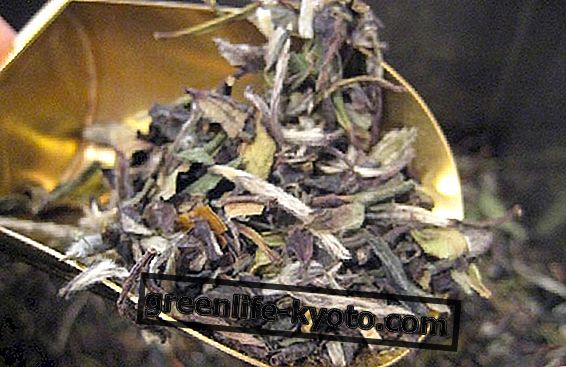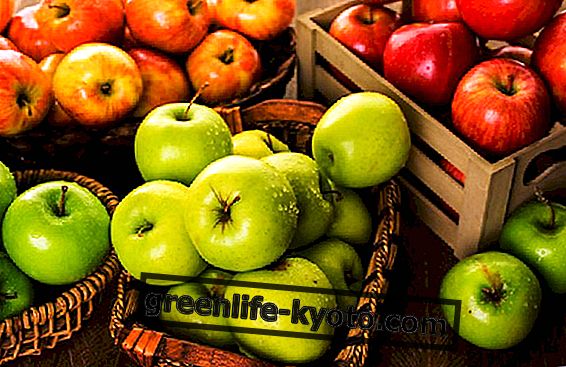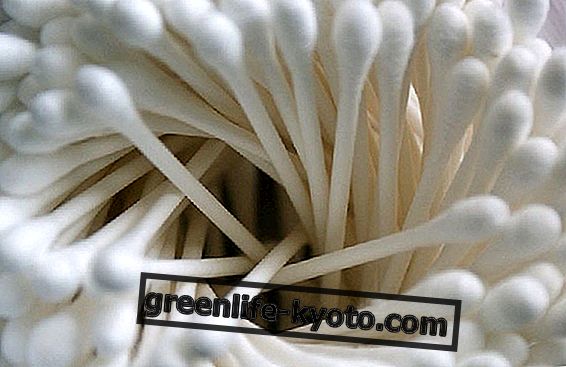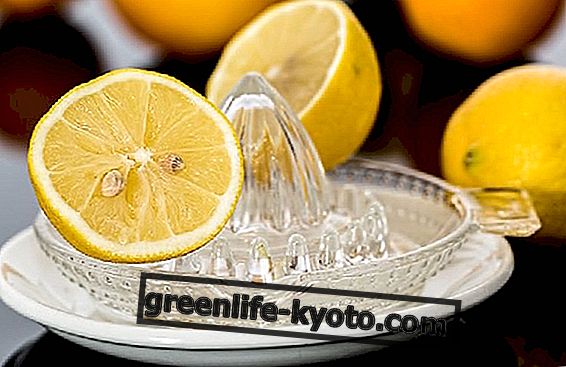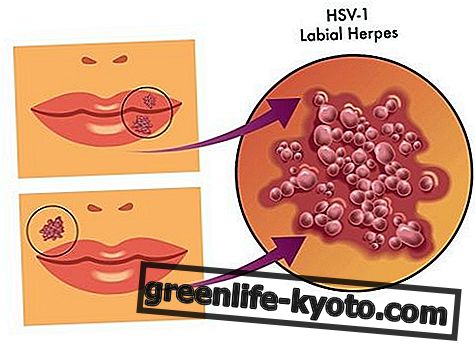
One day I get this message from a patient: "I found this from the greengrocer: what is it? I can use it in the diet, and how? "Then came a picture of a root: it was the Jerusalem artichoke, a tuber still little known and little present on our tables.
Yes, we can use it even if we are on a diet, because it is rich in fiber, but this feature makes it at the same time unsuitable for those suffering from meteorism . We try to understand why.
Jerusalem artichoke and meteorism
The Jerusalem artichoke is composed for the most part (80%) of water, 15% of carbohydrates (inulin, asparagine, betaine, choline, fructose), for 2% from proteins, mineral salts including potassium (about 400 mg), phosphorus, calcium, magnesium and iron.
It is rich in vitamin A (about 2%), vitamin B (in particular folate) and vitamin H or biotin (resistant to cooking), the lack of which produces tiredness, loss of appetite, drowsiness and muscle pain.
Although it is a tuber, Jerusalem artichokes have a completely different composition of carbohydrates than for example that of potatoes (the tuber par excellence): starch, the carbohydrate that is most present in potatoes, once cooked is easily digestible for the human organism, while the fructo-oligosaccharides, carbohydrates prevalent in Jerusalem artichokes do not follow the same destiny during intestinal transit.
In fact these compounds, like inulin, are part of the so-called soluble dietary fiber, which is only partially digested by our intestinal bacterial flora. Part of the topinambur inulin, inside our intestine, exerts a probiotic action favoring the development of useful bacteria such as Bifidobacteria and Lactobacilli at the expense of potentially pathogenic ones, performing a positive effect on intestinal function.
The excess of inulin - not used by our bacterial flora - can however cause tummy aches, diarrhea, flatulence and intestinal meteorism .
Let's see the tricks to adopt to be able to consume the Jerusalem artichoke without suffering the unwelcome side effects:
> do not exceed the recommended daily dose for an adult, which is 200 grams;
> the intestine should be accustomed gradually starting with the consumption of small portions of Jerusalem artichokes, to be increased then with the passage of time;
> implement the correct food combinations to be preferred to prevent the consumption of Jerusalem artichokes causing meteorism. These are the permitted associations: Jerusalem artichokes are ideal associated with all other vegetables and vegetables. These are not recommended associations: to avoid intestinal problems such as meteorism, Jerusalem artichokes should not be consumed in the same meal with legumes.
Jerusalem artichoke: what is it?
The Jerusalem artichoke is a plant native to Canada, used in Italy above all for the feeding of the cattle . Depending on the place of origin, the Jerusalem artichoke is also called "German turnip" or "Jerusalem artichoke", or "tuberous sunflower" or "potato of Canada".
There are two types of Jerusalem artichokes: one purple in color that ripens in the autumn and winter and one white, available at the end of August. The edible part of the plant is the root, an irregularly shaped tuber, similar to ginger . Its whitish flesh tends to be sweetish, fleshy and with a delicate taste.
This tuber - unlike potatoes - can also be eaten raw, cut into slices, perhaps in salads. In this way it maintains all its beneficial and nutritional properties, which would be partly lost with cooking.
In short, the main features of the Jerusalem artichoke:
> provides very few calories (about 30 Kcal per 100 grams of product);
> it is a real mine of inulin (up to 60% of dry weight), which makes it particularly suitable for diabetics, since the presence of soluble fiber produces a lower glycemic load compared to other tubers, avoiding insulin and peaks too high glycemic. However, we remember the risks of meteorism and intestinal problems related to inulin;
> has galactogenic properties, therefore able to increase and promote the secretion of breast-feeding milk;
> improves digestion;
> does not form gluten, therefore it is suitable for coeliacs.



